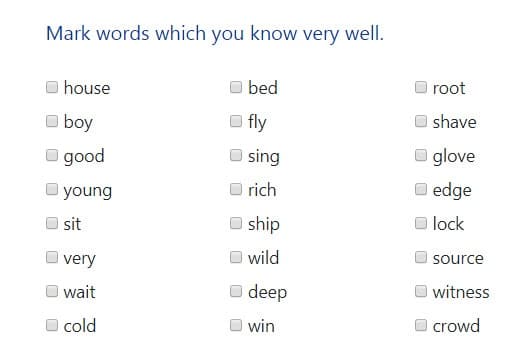England’s plastic money – level 3
07-06-2016 15:00
It is the end of the paper era for Britain’s currency. The Bank of England has unveiled its first plastic banknote – a five-pound note, featuring the face of Sir Winston Churchill.
The new fiver is printed on a thin plastic film called polymer, which is said to be more durable and secure. According to Governor of the Bank of England, Mark Carney, the notes offer advanced security features.
“Polymer marks a major innovation. It’s cleaner, safer and stronger. It’s resistant to dirt and moisture so the note won’t wear out as quickly as the current fibres. It’s stronger than paper and can better withstand being repeatedly folded into wallets or scrunched up into pockets. Polymer notes can survive a splash of claret, a flick of cigar ash, a nip of a bulldog and even the spin afterwards in the washing machine.”
The new plastic five-pound note will go into circulation in September with 440 million notes being printed.
For the last 300 years, Brits have been content with paper money, but not anymore as the nation follows countries such as Canada and Australia in the plastic one-der revolution.
And this is just the beginning. This note will be followed by a new plastic ten-pound note featuring Jane Austen in the summer of 2017, as well as a plastic twenty-pound note featuring J. M. W. Turner by 2020.
Difficult words: unveil (to show people for the first time), durable (long-lasting), scrunch up (to squeeze something into a small shape), splash (a small quantity of liquid), claret (a red wine from Bordeaux), flick (a little piece of something), nip (a sharp bite), one-der (this is a pun – it stands for “wonder” or amazing and it stands for a one-pound note).
Source: www.ondemandnews.com
LEARN 3000 WORDS with NEWS IN LEVELS
News in Levels is designed to teach you 3000 words in English. Please follow the instructions
below.
How to improve your English with News in Levels:

Test
- Do the test at Test Languages.
- Go to your level. Go to Level 1 if you know 1-1000 words. Go to Level 2 if you know 1000-2000 words. Go to Level 3 if you know 2000-3000 words.

Reading
- Read two news articles every day.
- Read the news articles from the day before and check if you remember all new words.

Listening
- Listen to the news from today and read the text at the same time.
- Listen to the news from today without reading the text.

Writing
- Answer the question under today’s news and write the answer in the comments.

Speaking
- Choose one person from the Skype section.
- Talk with this person. You can answer questions from Speak in Levels.
Stock images by Depositphotos


